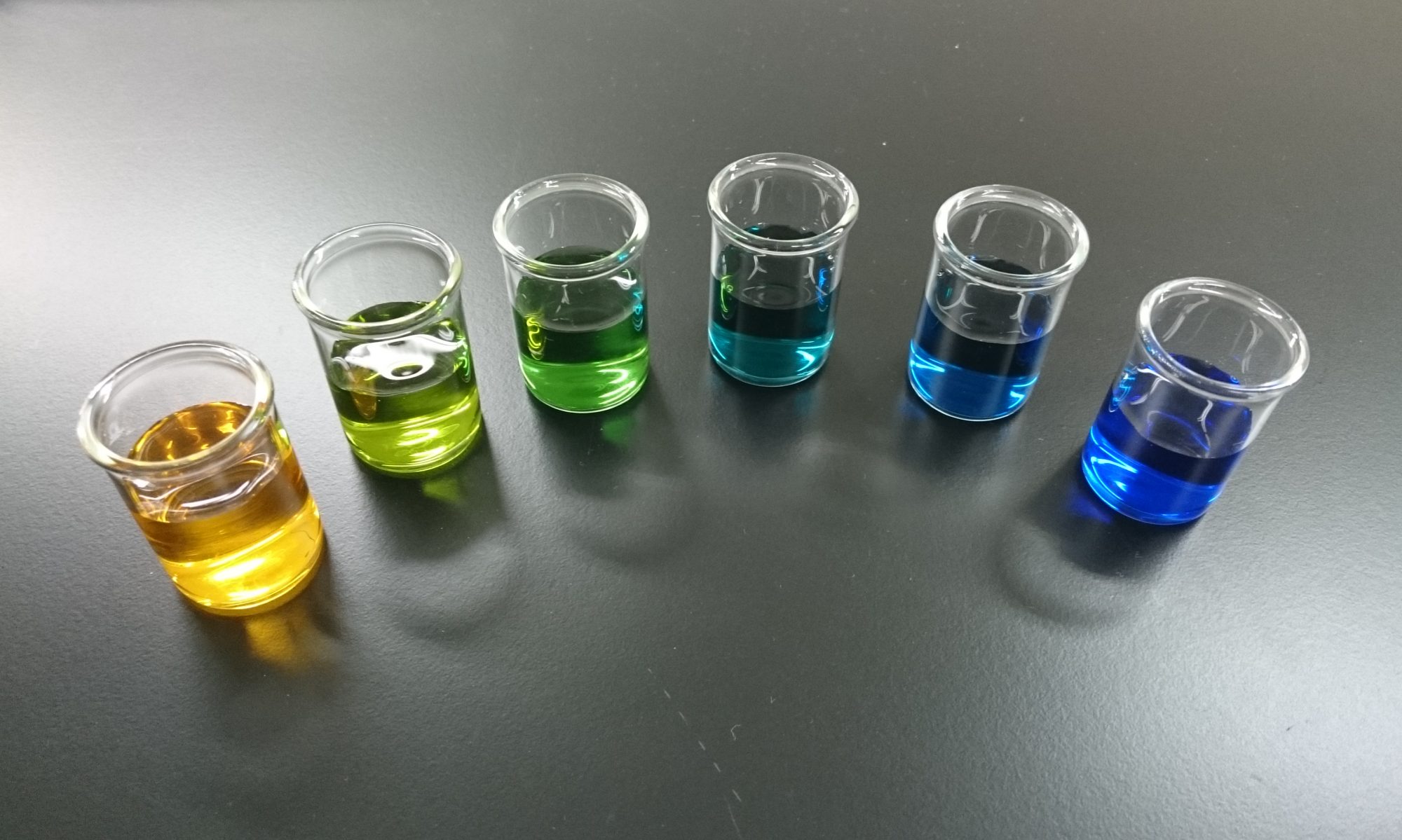英語、中国語、日本語の順に3つの言語で解説します。
依次为英文、中文和日文,三种语言。
It will be explained in three languages, English, Chinese, and Japanese, in that order.
Why tritium is not bioaccumulated?
Tritium, a radioactive isotope of hydrogen, is not bioaccumulated in organisms for a few reasons:
-
-
Chemical Form: Tritium usually exists in the environment as tritiated water (HTO), which is chemically identical to normal water (H2O). Organisms, including humans, cannot distinguish between HTO and H2O, so tritium is absorbed and excreted in the same way as normal water. This means it does not accumulate in the body over time.
-
Rapid Turnover: Water, and therefore tritium, has a rapid turnover in the body. It is constantly being taken in, used, and excreted. For example, in humans, the half-life of tritium (the time it takes for half of the tritium to be eliminated from the body) is about 10 days, which is relatively short compared to other radioactive substances.
-
Low Energy Beta Emitter: Tritium decays by emitting a low energy beta particle. This low energy emission has a very short range and is unlikely to cause significant damage to biological tissues.
-
Dilution in Water: Tritium is diluted in the body’s water and is distributed throughout the body rather than concentrating in specific tissues or organs.
-
References:
为什么氚不会发生生物累积?
氚,氢的放射性同位素,之所以不会在生物体中积累,有几个原因:
-
-
化学形式:氚通常以氚化水(HTO)的形式存在于环境中,其化学性质与普通水(H2O)相同。生物体,包括人类,无法区分HTO和H2O,因此氚的吸收和排泄方式与普通水相同。这意味着它不会随着时间的推移在体内积累。
-
快速周转:水,因此氚,在体内有快速的周转。它不断地被摄取、使用和排泄。例如,在人类中,氚的半衰期(体内一半氚被排除所需的时间)约为10天,与其他放射性物质相比,这是相对较短的。
-
低能量贝塔发射器:氚通过发射低能量贝塔粒子衰变。这种低能量发射具有非常短的范围,不太可能对生物组织造成重大损害。
-
水中稀释:氚在体内的水中被稀释,并分布在整个身体中,而不是集中在特定的组织或器官中。
-
参考文献:
トリチウムが生物濃縮されないのはなぜか?
トリチウム、水素の放射性同位体、はいくつかの理由で生物に蓄積されません。
-
-
化学的形態:トリチウムは通常、トリチウム水(HTO)として環境に存在し、これは通常の水(H2O)と化学的に同一です。生物、人間を含む、はHTOとH2Oを区別できないため、トリチウムは通常の水と同じように吸収され、排泄されます。これは、時間の経過とともに体内に蓄積されないことを意味します。
-
迅速なターンオーバー:水、そしてしたがってトリチウム、は体内で迅速にターンオーバーします。それは常に取り込まれ、使用され、排泄されます。例えば、人間では、トリチウムの半減期(体内のトリチウムの半分が排除されるまでの時間)は約10日で、他の放射性物質に比べて比較的短いです。
-
低エネルギーβ放射体:トリチウムは、低エネルギーのβ粒子を放出して崩壊します。この低エネルギー放出は、非常に短い範囲であり、生物組織に重大なダメージを与える可能性は低いです。
-
水での希釈:トリチウムは体内の水で希釈され、特定の組織や器官に集中するのではなく、体全体に分布します。
-
参考文献:
